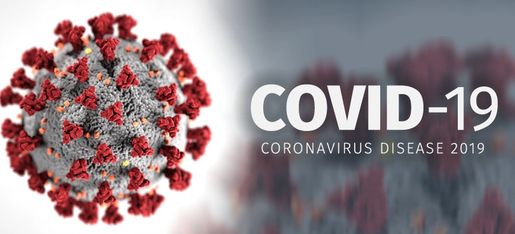Frequently Asked Questions ( faq)
Will I need to have X-rays?
X-rays and other types of images can be helpful. Pictures of your spine, especially after trauma, can confirm our other findings and make your care more precise. We can tell if we need them after completing our other examinations.
When will I get my first adjustment?
Generally treatment can be given on the first visit but in some cases it depends upon how long we need to study your examination findings and if further imaging is necessary. This is a clinical decision and varies from patient to patient. Chiropractic adjustments add motion to spinal joints that are fixated or not moving right that affect your health by irritating nearby nerve tissue.. These adjustments help restore nervous system integrity and can improve the healing process. With the intent of reducing nervous system irritation, chiropractic adjustments are Specific, Targeted, and Focused. The Adjustments are more precise than spinal "manipulations" or "mobilizations." It is this precision, combined with the purpose of reducing nervous system irritation, that has helped so many people. The key is to use the precise amount of energy at the exact spot, in the right direction, at just the right time to get spinal joints moving again. Adjustments use the least amount of force possible to get fixated joints moving again. Chiropractic is truly an art. Each adjustment builds on the ones before. Keep your appointments for the best results. Adjusting approaches are modified to suit the specific needs of each patient. Chiropractic is a team approach to better health
Will I receive any medication for my pain?
No. Chiropractic physicians don't dispense drugs, because we rely on natural healing methods. Ask for directions on how to use ice to control any painful symptoms. Ice, when properly applied, can have an analgesic effect without the side effects associated with pain medications.
How long until I feel better?
Some patients experience almost instant relief. Others discover that the healing process can take months, sometimes years. Every patient recovers at their own pace. Factors which can affect the healing process include your age, your overall health condition, muscle tone, diet, and even your attitude. Most symptoms subside long before muscles and ligaments supporting your spine can fully heal. That's when it will be tempting to end your care. But this weakened area of your spine predisposes you to a relapse. Just as ongoing brushing and flossing promote dental health, we recommend regular spinal checkups. stay well after you get well.
Your Age Our healing potential diminishes with age. There are exceptions, but generally younger people get quicker results than older people.
Your Problem It takes longer to resolve long-standing problems that have been neglected. More recent health problems tend to resolve faster.
Your Discipline Are you willing to make some positive changes in your life? If you're coachable and follow our suggestions you'll see better results.
Your Goal Your intentions are just as important as ours. Our motive is to support you in attaining optimum health. Is that what you want?
Your Attitude It's been proven that those with a positive outlook heal faster. As you nervous system works better, anything is possible.
How long will I need to have care?
You have an important decision to make. Will you use chiropractic as merely a temporary form of symptom relief or will you continue your care to maximize your health and help avoid your problem from returning. It's your choice. How you feel is a poor judge of your health. Those with undetected cancer, heart disease, hypertension, and even tooth decay are suffering from ill health even without obvious symptoms. We have seen some of our patients discontinue their care and then later suffer a relapse. While we are happy to help these patients (again), we've often wondered if they could have avoided their problem with less cost and inconvenience by continuing their care in the first jplace. It's up to you. Regardless of your decision, we'll help you achieve your individual health goals.
What makes the sound?
Lubricating fluids separate the bones of each spinal joint. Some adjusting methods can produce a sound when the gas and fluids in the joint shift. It's like opening a soda can or removing a suction cup. The sound is interesting, but isn't a guide to the quality or value of the adjustment.
What do adjustments feel like?
After the brief thrust, many patients report a sense of well-being or a feeling of calmness. Others feel improved mobility. Inflammation or muscle spasms may delay these positive effects. Chiropractors excel at making adjustments comfortable and effective.
Are adjustments safe?
Yes A New Zealand government study concluded that chiropractic adjustments are 'remarkable safe.' Taking a n over-the-counter pain reliever is about 100 times more risky.
Can I adjust myself?
No. Some patients can make their joints 'pop' but that's not an adjustment! Even your chiropractor must consult a colleague to benefit from chiropractic care.
Will adjustments make my spine too loose?
No. Only the spinal joints that are 'not moving well' receive adjustments. This allows weakened muscles and ligaments to stabilize and heal

Cookie Policy
This website uses cookies. By continuing to use this site, you accept our use of cookies. Privacy Policy

Covid-19 Announcement
Please review our posters and check in with the NHS app upon arrival. We advise wearing a face mask for your own protection. Please don't arrive early or bring unnecessary people with you. Avoid touching things unnecessarily. Finally, Consider your personal risk factors before coming for treatment.